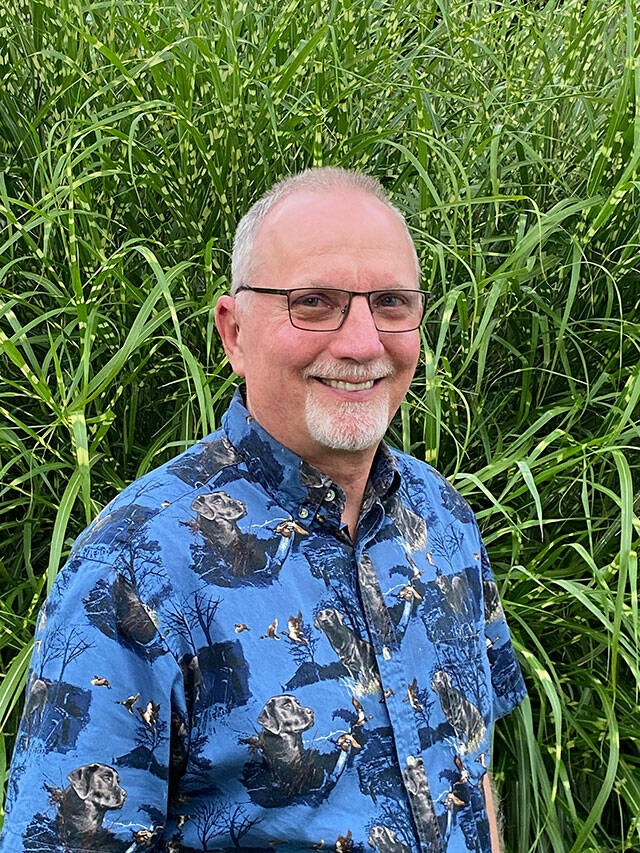In the wake of the California wildfires, I emailed Bob, a friend who lives in Altadena, CA, about whether or not he and his family were affected. Bob had called me about the Enumclaw windstorm a few weeks earlier, wondering how we had fared.
He didn’t respond. I texted him. No response. Worried, I called him. Bob told me that their house had burned to the ground, as had the homes of two other mutual friends in Pasadena.
I was shocked and shaken. Bob and his wife had bought the house decades ago. They loved their beautiful home. I had just stayed with them in July. I had a hard time wrapping my mind around the fact that their home was gone.
They were homeless, trying to figure out what to do next: Where to stay, insurance coverage, loss of mementos collected over a lifetime burned to ashes while they were in Chicago visiting one of their sons and his family.
Their experience and those of thousands of others in southern California brought to mind three things that it might behoove us all to consider.
1) Climate change is real. Southern California had had a nine-month drought that made the devastation greater. Fire hydrants stopped working due to reservoirs running dry. As the county and city officials noted, county fire departments simply didn’t have the capacity to deal with such a major natural catastrophe that was compounded by hurricane force Santa Ana winds.
Having lived in the area for nearly six years, I was aware that natural disasters were always looming. Not only wildfires, but also mudslides caused by torrential rains flowing down the mountains and destroying homes. There are huge concrete catch basins that have been constructed to catch the mud. Earthquakes are also a danger. It makes me wonder why anybody would want to live in and around L.A., but millions do.
2) We have similar concerns living in south King County: We have our own destructive high winds, fears of Mount Rainier erupting again, causing enormous lahars to flow down the White and/or Puyallup River valleys. We have our own concerns about earthquakes that might level much of what humans have constructed over the years.
No matter where one lives, there is the danger of sudden natural destruction that turns our lives upside down. Uncertainty and potential death are our constant companions. It’s part of being mortal humans.
3) Then there are the human catastrophes: political divisions, culture wars, corrupt politicians, and billionaire oligarchs who seem intent on changing our political system to benefit themselves at enormous cost to average Americans. We have a news media that many Americans don’t trust, often for good reason, often because of deliberate lies. We live in a culture and society where people have difficulty discerning fact from fiction, and truth from lies.
So, what is the solution?
Some answer that question by ignoring reality, hoping these disasters won’t affect us. Others go to the other extreme by arming themselves with combat-grade weapons and packets of food in case of collapse of the economy and the political system that maintains order.
When we first came to south King County in 1978, we bought ten acres south of Enumclaw. My thinking was that we could live off the land, growing our own food. Not being particularly handy with fixing things, taking care of all that land became overwhelming. If there were a disaster and the government collapsed, it was likely that we would be overrun by those who were better armed and more likely to commit violence to get what they wanted and needed.
Eventually, moving into town seemed to be the best alternative, and it remains so today. Our survival lies in the community we live in, not bullets and food stores. Community and cooperation are the solution. We are strongest when we work together, cooperating with each other, and combining our strengths and diminishing our weaknesses in the process.
We are fortunate that power in the United States is decentralized with many levels of government. That decentralization means we have leadership in place to help maintain our sense of community if we can only trust each other and work together.
My friends in Altadena are facing enormous loss and homelessness. Their survival and restoration also lie in systems that have been set up to deal with just such emergencies.
Whether we live in southern California or south King County, community is the source of our strength. That’s the lesson we can learn from recent and future catastrophes.
Richard Elfers is a columnist, a former Enumclaw City Council member and a Green River College professor.


